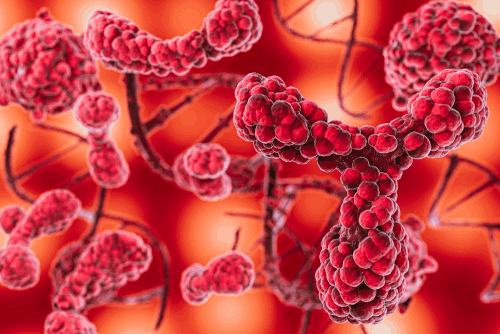News
10
Jul
Coping Strategies for Cancer Patients: Exploring Techniques and Approaches to Cope with the Emotional and Physical Aspects of Living with Cancer

A cancer diagnosis can be a life-altering experience, impacting not only the physical health of an individual but also their emotional well-being. Coping with cancer involves dealing with a range of challenges, including fear, uncertainty, pain, and treatment side effects. However, there are numerous strategies and approaches that can help cancer patients navigate these difficulties and improve their overall quality of life. In this article, we will explore various coping techniques that can assist cancer patients in managing the emotional and physical aspects of living with cancer.
-
Building a Support Network
One of the most crucial coping strategies for cancer patients is to establish a strong support network. This network can include family members, friends, healthcare professionals, support groups, and therapists. Sharing experiences, emotions, and concerns with others who have faced similar challenges can provide a sense of belonging and understanding. Additionally, loved ones can offer practical help, emotional support, and companionship, which can significantly alleviate the burden of cancer.
-
Communication and Education
Open and honest communication with healthcare providers is vital for cancer patients. Understanding the disease, treatment options, and potential side effects empowers patients to make informed decisions and actively participate in their care. Patients should not hesitate to ask questions, seek clarification, and express their concerns. Additionally, staying informed through reputable resources and educational materials can help individuals feel more in control and reduce anxiety.
-
Managing Stress and Anxiety
Cancer often brings forth heightened stress and anxiety levels. Engaging in stress management techniques can be immensely beneficial for coping. Techniques such as deep breathing exercises, meditation, mindfulness, and yoga can help reduce anxiety and promote a sense of calm. Additionally, engaging in enjoyable activities, such as hobbies, listening to music, or spending time in nature, can provide much-needed distraction and relaxation.
-
Seeking Emotional Support
Emotional support is essential for cancer patients, as they may experience a wide range of emotions, including fear, sadness, anger, and grief. Professional counseling or therapy sessions can provide a safe space for patients to express their feelings and emotions, explore coping strategies, and develop resilience. Cognitive-behavioral therapy (CBT) has shown effectiveness in helping individuals manage negative thoughts and emotions related to cancer.
-
Physical Well-being
Maintaining physical well-being is crucial for cancer patients as it can positively impact overall quality of life. Regular exercise, as approved by healthcare professionals, can enhance mood, reduce fatigue, and improve physical strength. Adequate rest, sleep, and nutrition are also essential in supporting the body during cancer treatment. It is important for patients to consult with their healthcare team to develop an individualized plan that addresses their specific needs.
-
Joining Support Groups
Joining a cancer support group allows patients to connect with others facing similar challenges. These groups provide a safe and non-judgmental environment where individuals can share experiences, exchange advice, and gain insights. Support groups foster a sense of community, decrease isolation, and provide an opportunity for individuals to learn coping strategies from others who have walked a similar path.
-
Engaging in Relaxation Techniques
Incorporating relaxation techniques into daily life can be extremely beneficial for cancer patients. Techniques such as guided imagery, progressive muscle relaxation, and aromatherapy can promote relaxation, reduce pain perception, and improve sleep quality. These techniques can be learned through guided sessions, videos, or with the assistance of trained professionals.
Conclusion
Coping with the emotional and physical aspects of living with cancer can be challenging, but it is not insurmountable. By employing various coping strategies, cancer patients can better manage the complex range of emotions, physical symptoms, and uncertainties associated with the disease. Building a support network, communicating openly with healthcare providers, managing stress and anxiety, seeking emotional support, prioritizing physical well-being, joining support groups, and engaging in relaxation techniques are just a few of the many approaches that can empower cancer patients to navigate their journey with strength and resilience. Remember, no one coping strategy fits all, and it's essential to find what works best for each individual.
Featured News

Uniting Against Cancer: How Cancer Communities Empower Patients and Families
we will explore the importance of cancer communities, how they empower patients and families, the support and resources they offer, and their role in promoting cancer awareness.
see more


Are there any emerging biomarkers that show promise for early disease detection or personalized medicine?
see more

